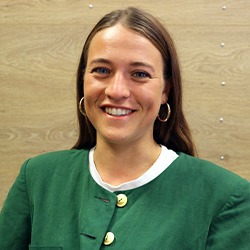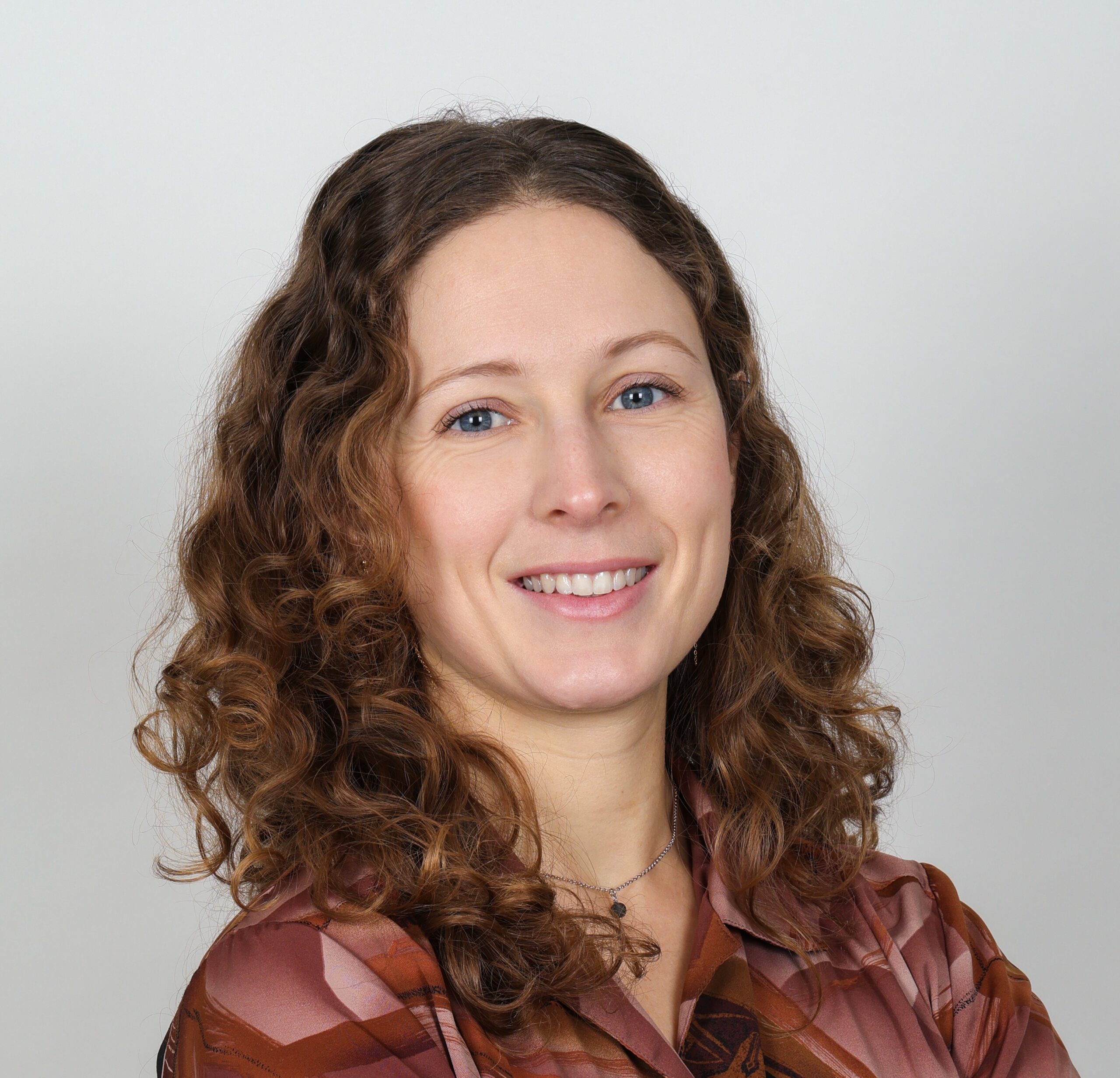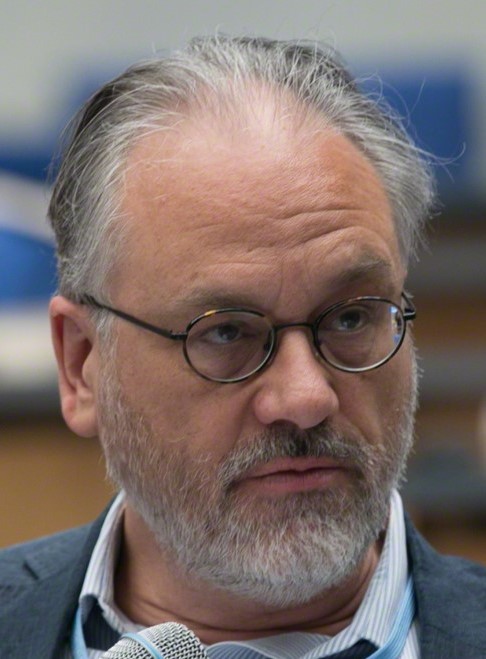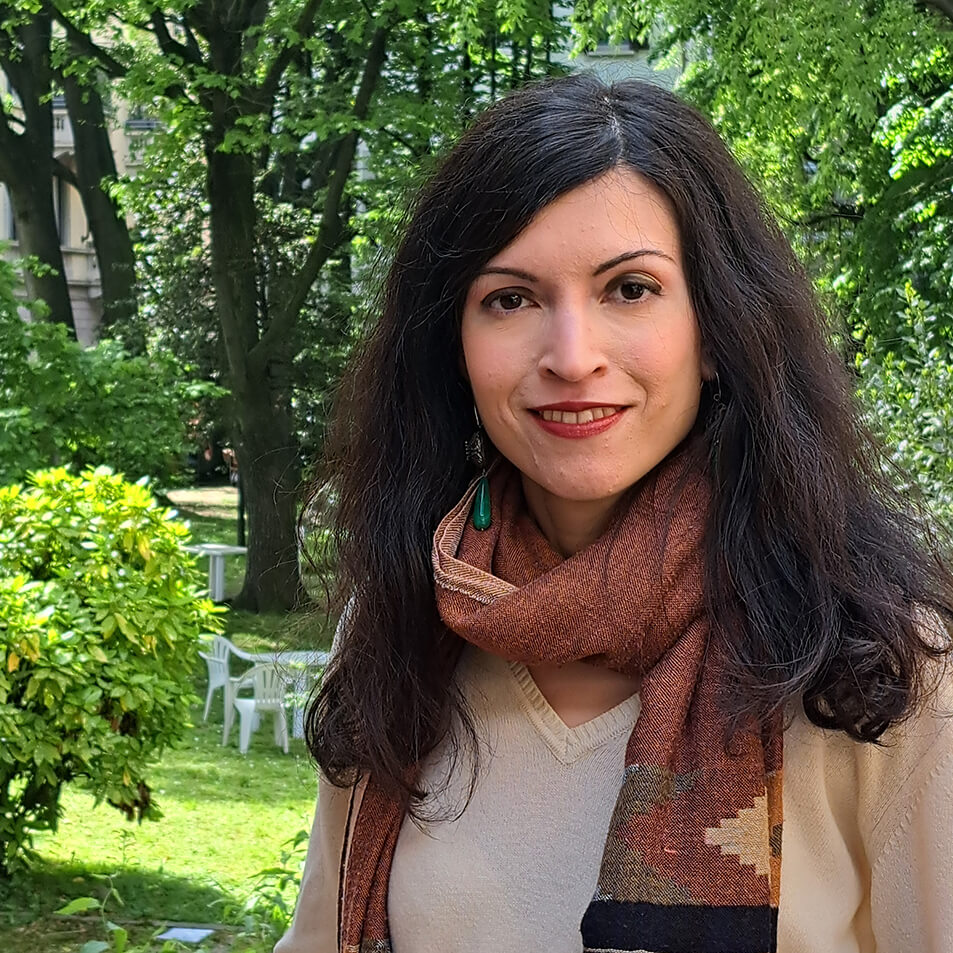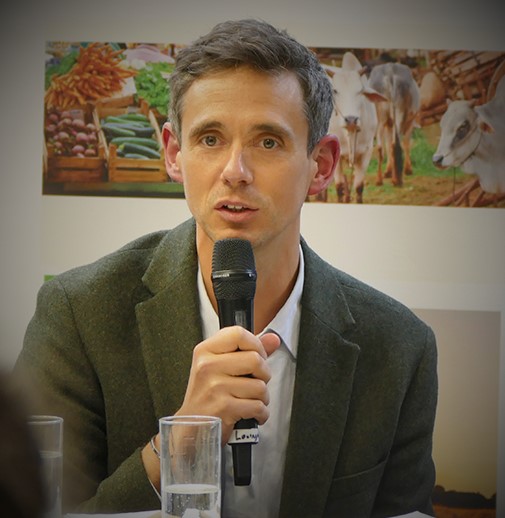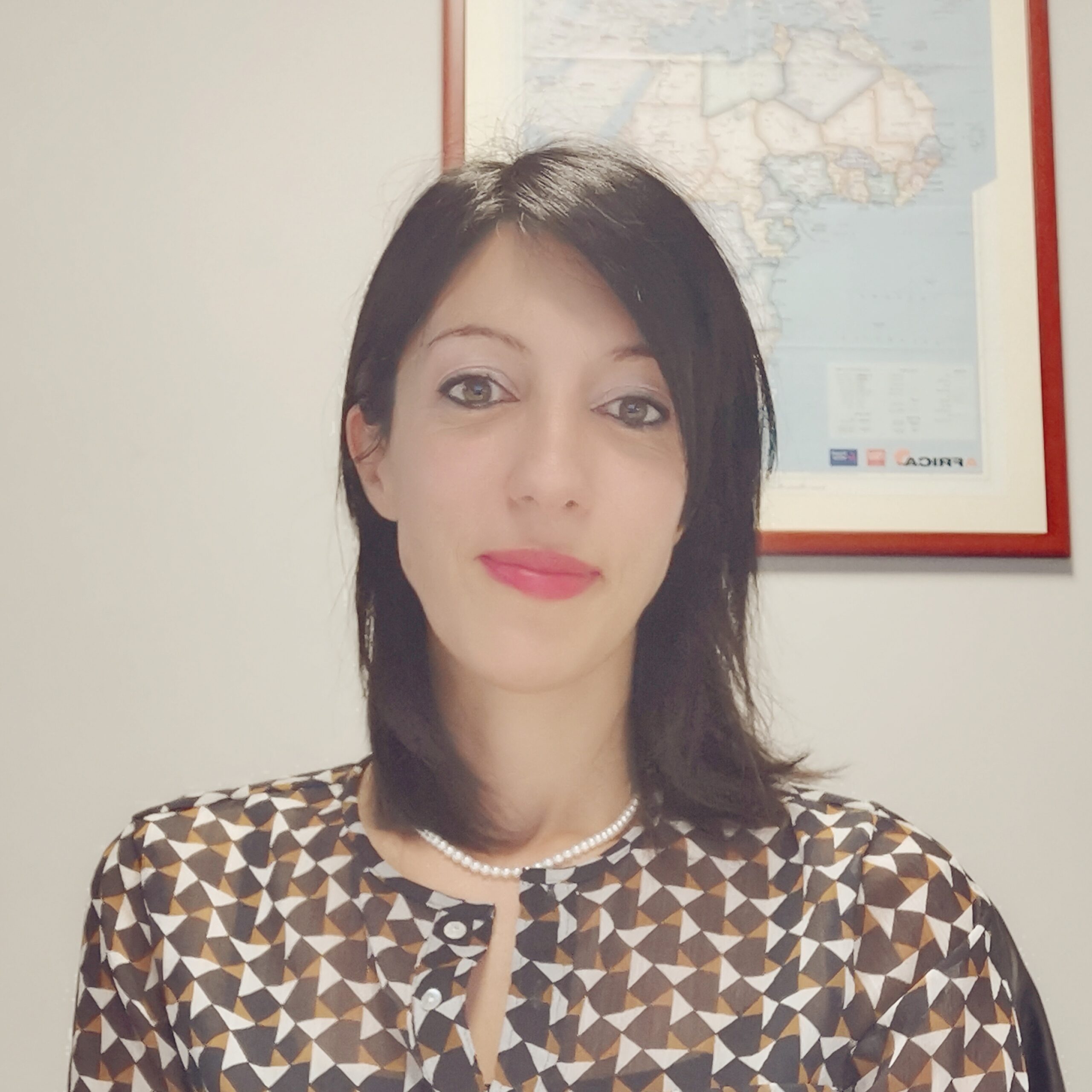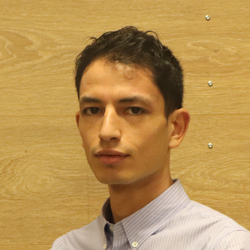Conference organized as part of the Defense & Climate Observatory, conducted on behalf of the Directorate General for International Relations and Strategy (DGRIS) of the Ministry of the Armed Forces.
The symposium will benefit from live translation with language interpreters in French and English.
Programme
-
From 09:00 To 10:30
Gulf Monarchies in Multilateral Climate Institutions
Since the 2000s, the Gulf monarchies, which are among the world’s largest producers of oil and gas, have engaged in global climate forums. This shift reflects a move from a historical dependence on fossil fuels to economic diversification strategies, particularly based on renewable energy. The new brief from the Défense et Climat Observatory, presented at this roundtable, explores the strategic, economic, and environmental motivations behind the engagement of these monarchies in multilateral climate forums. What diplomatic techniques do these states use to strengthen their role on the global climate diplomacy stage? Through what channels do the Gulf states manage to defend their economic and energy interests in multilateral climate forums?
-
From 10:30 To 10:45
Break
-
From 10:45 To 12:15
Gulf monarchies’ climate strategies in Africa: securing resources
In parallel to the multilateral arena, bilateral relations represent another space where the climate diplomacy of the Gulf monarchies is exercised. This is particularly evident in the cooperations established with several African states, which offer the Gulf Cooperation Council (GCC) countries the opportunity to outsource part of their responses to climate challenges. Thus, Saudi Arabia, the United Arab Emirates, and Qatar are investing in the African continent to secure food production, linked to the resource scarcity induced by climate change. It is also the mining resources and raw materials that attract the monarchies to Africa, for both economic and military purposes. How is the engagement of the Gulf monarchies in securing energy and food resources in Africa reflected? What are the consequences of these bilateral relations on Europe?


